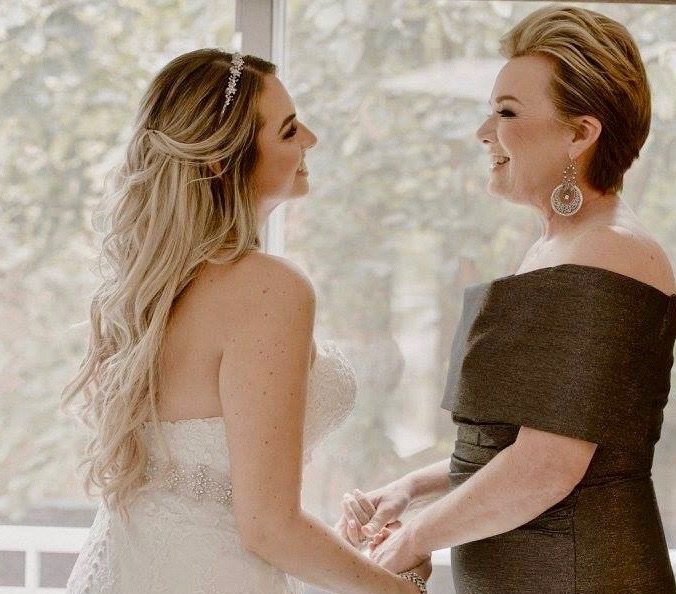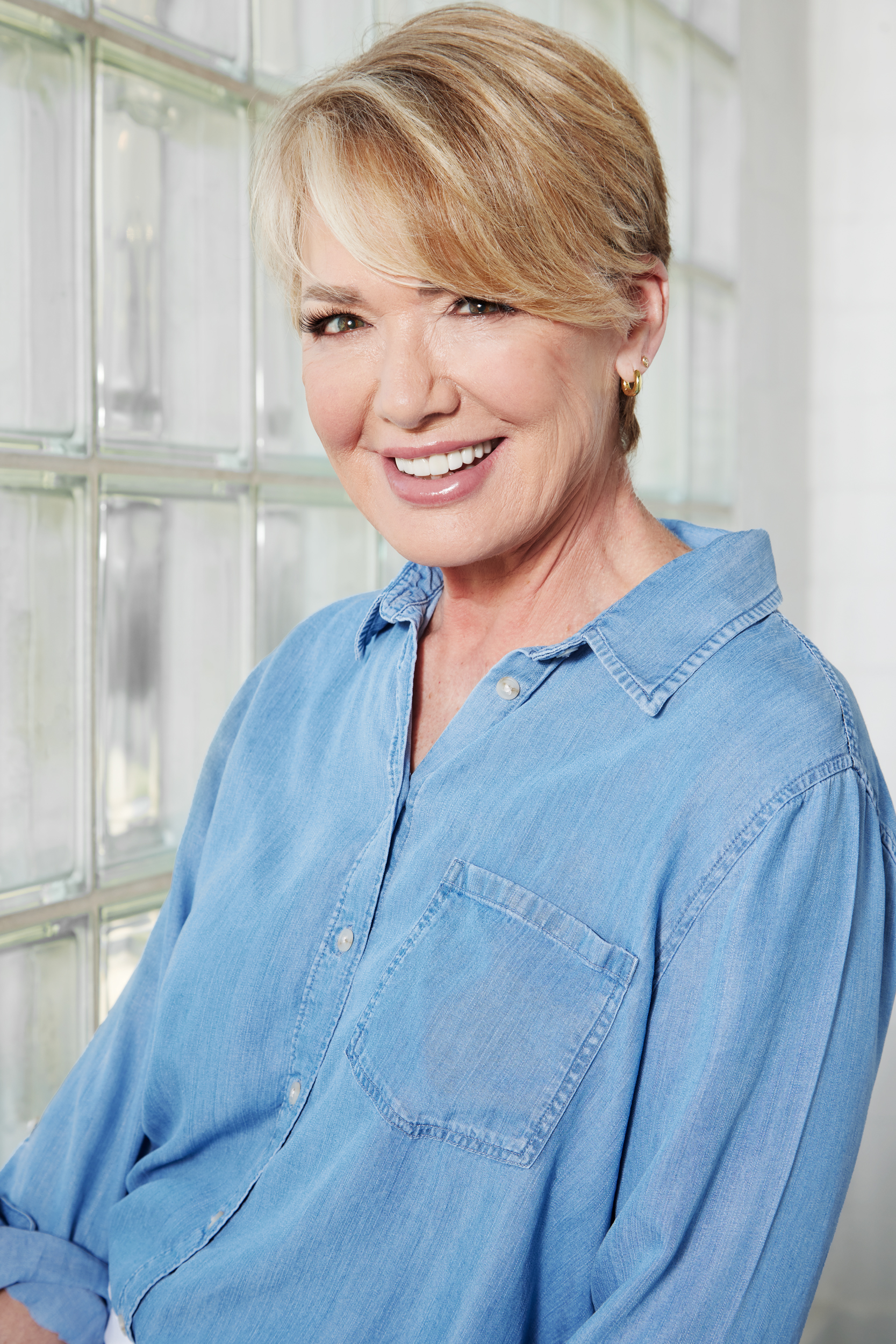
A Mother’s Story: When Joy and Grief Collide
February 23, 2018

A year ago in December, my former husband of 20 years, died at the young age of 63. Ross was diagnosed 9 months earlier with metastatic melanoma, a silent and deadly disease he had overcome twice before. This time there was no way out. After months of experimental treatment and tough side effects, he opted for palliative care which provided comfort for six more weeks before he passed away. The grief set in.
Colliding Emotions
In the midst of the grief and fear, there was a happy surprise – my daughter’s boyfriend proposed in Ross’ hospital room so he could be part of the engagement. It was an emotional and surreal moment knowing that amidst all the celebrating, Ross wasn’t going to walk Krysten down the aisle. And so began a year where joy and grief collided many times and left me struggling with how to process my own grief, and my children’s grief, with the excitement of a happy event we’d waited a lifetime to share.
Although Ross and I had been divorced 20 years, we recognized how lucky we were to have a special friendship – an anomaly I know – that evolved over the years. Many people found it weird and we didn’t care. We consulted one another about family matters, celebrated holidays and provided mutual support through life’s challenges. It was hard to imagine what life would be like without him or how I would manage the void he left behind – for myself and for our children.
Who would walk Krysten down the aisle? Who would give the speech to the bride? Who would my son, Nick, turn to for fatherly advice and “guy stuff?” Where would family gather? Who would be the go-to parent when I lived 1,500 miles away from both kids?
A Motherly Perspective
As a mother, it was painful to witness my children’s deep grief. I felt helpless but knew they had to find their way. No amount of effort could make up for how much they missed their dad and I felt lost in my attempts to navigate parenting by myself.
Even though Ross and I were long-divorced, I felt like a widow. And then I felt guilty about feeling such a deep sense of loss – as though somehow I didn’t have the right to be quite so sad. I put my struggles in a box and as mothers do, focused on taking care of others.
In the months that followed, I swam from the shores of joy to the shores of grief and back again. Happiness and excitement one minute, followed by tears the next. Trying to convince myself I was okay, which was far from the truth.
It feels very chaotic when life offers up a collision of emotions that seem incompatible and the triggers of self-judgment start firing – Is there something wrong with me? Should I feel this way? It’s confusing.
A Voice
Giving voice to how I felt with those who understood the unique connection that Ross and I shared was a good start to making sense of this paradox. And hearing my straight-talking sister say, “Laurie, you have a right to grieve in your own way and in your time. F*#k everyone else!” – was incredibly energizing. It also gave me permission to acknowledge my grief was different than my children’s and that we each have our own way of dealing with it.
It’s 14 months later and here’s what this mother has learned:
- I’ve accepted that the circle of life includes joy and grief bumping into each other and that it’s okay.
- That answers and meaning come more easily when we lean into quiet moments and stay still. They may show as whispers or as an “aha”.
- If we release the inner fight of self-judgment and allow ourselves to ride the wave of the hour or days, we won’t stay stuck.
- If we embrace emotions with self-compassion, we’ll discover room in our hearts for the death of one moment followed by the birth of a new one. And somewhere in there, we can find a place of peace and acceptance.
This new perspective has allowed me to live with the inevitable grief that life holds in a less daunting way than before. And for that, I am grateful.
Epilogue –
Krysten and Jason had a beautiful wedding. Her brother Nick and I walked her down the aisle. I made the speech to the bride and groom and felt Ross stand beside me the whole time. And in July, a baby girl will join our family and I could not be more thrilled. It’s the Circle of Life.
If you are struggling with grief and looking for some direction, Contact The Montfort Group in Plano today.

Laurie is a Licensed Professional Counselor with her Masters of Science in Counseling from Southern Methodist University in Dallas, TX. She is also a graduate of McGill University in Montreal. She received advanced practical training in Emotionally Focused Therapy for couples and families at UT Southwestern, where she spent five years in the Department of Psychiatry’s Family Studies Clinic working with diverse clients of all ages. In addition, she has completed training in Collaborative Law for couples seeking divorce to find solutions in a more amicable way.
accept
We use cookies to improve your browsing experience and ensure the website functions properly. By selecting 'Accept All,' you agree to our use of cookies.
© Tmg XXXX
Contact our office:
The Montfort Group is a highly-trained team of professional therapists in Plano, TX providing counseling and support for individuals, couples, teens, and families.
Stay Connected
Schedule Now